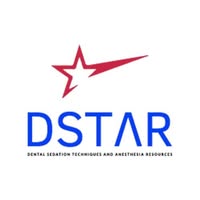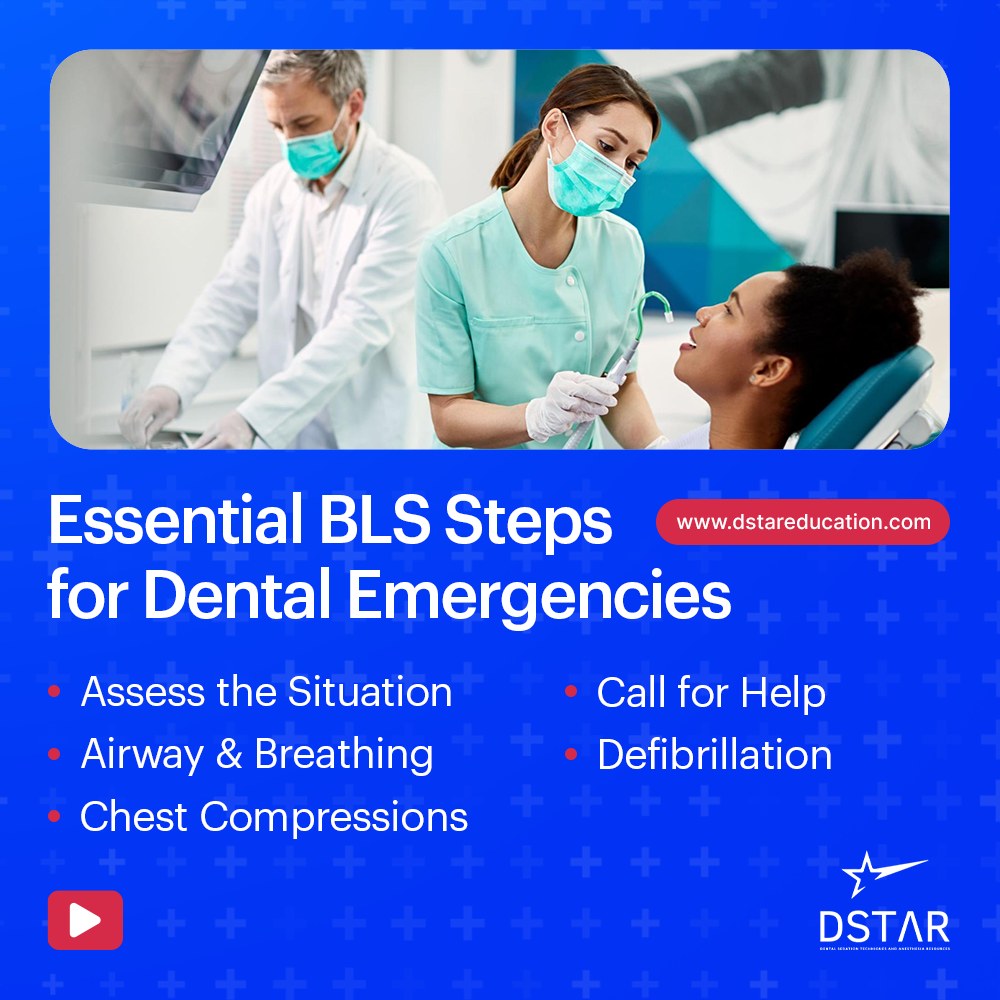Comparing PALS vs BLS: Which Certification Is Right for You?

Strong 8k brings an ultra-HD IPTV experience to your living room and your pocket.
For dental professionals and healthcare providers, ensuring patient safety is paramount. When it comes to life-saving certifications, understanding the difference between PALS vs BLS can help you choose the right training for your needs. Both Pediatric Advanced Life Support (PALS) and Basic Life Support (BLS) are essential for emergency situations, but they cater to different patient groups and scenarios. At DSTAR Education, we provide comprehensive training for both, ensuring you are fully equipped to handle emergencies confidently and effectively.
Understanding Basic Life Support (BLS)
BLS focuses on essential life-saving skills that are critical in emergency situations. This certification covers techniques such as CPR, automated external defibrillator (AED) use, and relieving airway obstructions. BLS is primarily designed for healthcare providers who may encounter cardiac or respiratory emergencies in adults, children, and infants.
In a dental setting, having BLS certification ensures that you can respond quickly to medical emergencies, such as sudden cardiac arrest or choking. BLS forms the foundation of emergency care and is often a prerequisite for more advanced certifications.
What Does BLS Training Include?
BLS training focuses on providing immediate life support. It teaches you how to recognize life-threatening emergencies, perform high-quality chest compressions, deliver effective ventilations, and use an AED. The skills learned in a BLS course are applicable in various healthcare settings, including dental practices.
Exploring Pediatric Advanced Life Support (PALS)
PALS is a more specialized certification, focusing on the advanced management of pediatric emergencies. It equips healthcare providers with the skills to treat critically ill or injured infants and children, covering topics such as advanced airway management, pediatric pharmacology, and recognition of life-threatening conditions.
For dental professionals, particularly those who treat pediatric patients, Level 4 PALS certification is essential. It ensures that you are prepared to handle emergencies specific to young patients, providing them with the best possible care in critical situations.
Key Components of PALS Training
PALS training includes advanced techniques for managing pediatric cardiac arrest, respiratory emergencies, and shock. It covers the use of advanced equipment such as airway adjuncts to maintain open airways and deliver effective ventilations.
The Differences Between PALS and BLS
While both certifications focus on life-saving techniques, the key difference lies in their scope and patient focus. BLS is a foundational course that provides general emergency care skills for patients of all ages. In contrast, PALS is an advanced course specifically designed for managing pediatric emergencies.
BLS is suitable for all healthcare providers, including dental professionals who want to enhance their ability to respond to emergencies. PALS, on the other hand, is ideal for those who frequently work with pediatric patients or require a deeper understanding of advanced pediatric care.
The Role of Sedation and Emergency Preparedness
In dental practices, especially those offering sedation, being prepared for emergencies is crucial. Proper training in both BLS and PALS ensures that dental professionals can manage emergencies during sedation procedures. DSTAR’s dental sedation courses integrate emergency preparedness with sedation training, providing a comprehensive learning experience.
Our courses also cover the use of Byfavo, a short-acting sedative used during procedures, highlighting its role in patient safety and sedation management.
Preparing for the Texas Dental Jurisprudence Exam
For dental professionals in Texas, meeting legal requirements is a vital part of practicing sedation and handling emergencies. The Texas dental jurisprudence exam ensures compliance with state laws and guidelines. DSTAR’s courses include preparation for this exam, ensuring that you meet all legal and safety standards in your practice.
Why Continuing Education Is Essential for 2024
The healthcare landscape is constantly evolving, and staying updated is crucial for providing the best care. DSTAR offers a range of dental continuing education 2024 courses designed to help dental professionals stay ahead in their field. These courses cover everything from sedation techniques to emergency response, ensuring that you are well-equipped for the challenges of modern dental practice.
Why Choose Us for Your PALS and BLS Training?
At DSTAR Education, we are committed to providing top-quality training that meets the needs of dental professionals. Here’s why you should choose DSTAR for your PALS and BLS certifications:
Comprehensive Curriculum: Our courses cover everything you need to know, from basic life support to advanced pediatric care.
Expert Instructors: Our experienced educators provide in-depth training, ensuring that you understand both the theoretical and practical aspects of life-saving techniques.
Integrated Learning: We offer courses that combine emergency preparedness with sedation training, providing a well-rounded learning experience.
Flexible Options: Whether you prefer in-person or dental anesthesia online courses, DSTAR provides flexible learning options to fit your schedule.
Choosing DSTAR means choosing a trusted partner dedicated to your professional growth and patient safety.
FAQs About PALS and BLS Certifications
What is the difference between PALS and BLS?
PALS vs BLS certifications differ in scope and patient focus. BLS covers general emergency care for patients of all ages, while PALS focuses on advanced pediatric care, including the management of critically ill or injured children.
Who should take PALS certification?
PALS certification is ideal for healthcare providers who frequently work with pediatric patients, such as pediatric dentists and oral surgeons. It provides advanced training in managing pediatric emergencies, including the use of airway adjuncts and other critical interventions.
Is BLS a prerequisite for PALS?
Yes, BLS certification is typically required before taking PALS. It provides foundational life-saving skills that are essential for more advanced certifications.
How do DSTAR’s courses prepare for the Texas dental jurisprudence exam?
DSTAR’s courses include comprehensive preparation for the Texas dental jurisprudence exam, ensuring that dental professionals understand the legal and ethical aspects of dental practice in Texas.
Can I take these courses online?
Yes, DSTAR offers dental anesthesia online courses, including BLS and PALS certifications, providing flexible learning options for busy professionals.
Conclusion
Choosing the right life-saving certification is essential for ensuring patient safety and meeting professional requirements. At DSTAR Education, we offer comprehensive training for both PALS vs BLS certifications, helping dental professionals enhance their emergency response capabilities. Whether you are renewing your license or expanding your skills, DSTAR provides the training and resources you need to succeed.
For more information or to enroll in our courses, please contact us.
Note: IndiBlogHub features both user-submitted and editorial content. We do not verify third-party contributions. Read our Disclaimer and Privacy Policyfor details.







